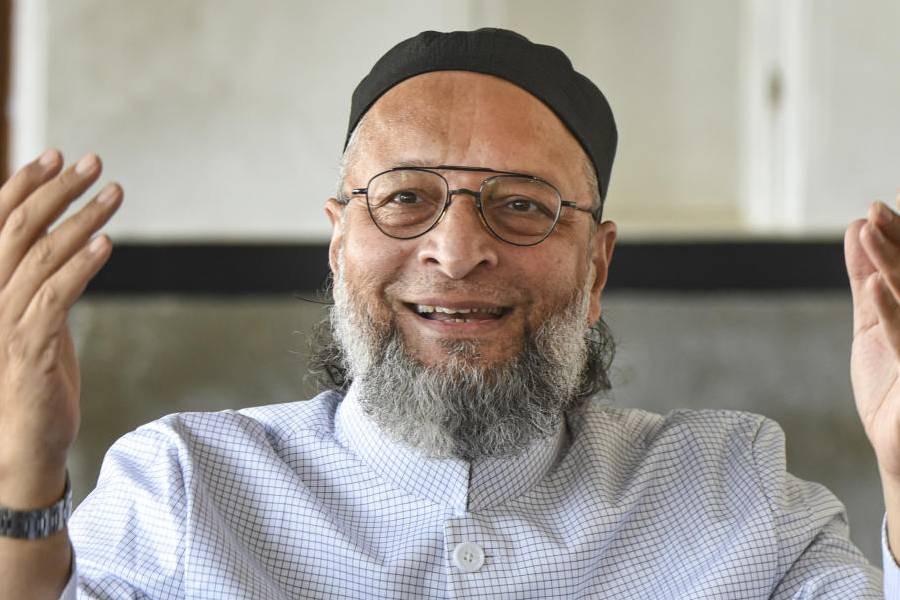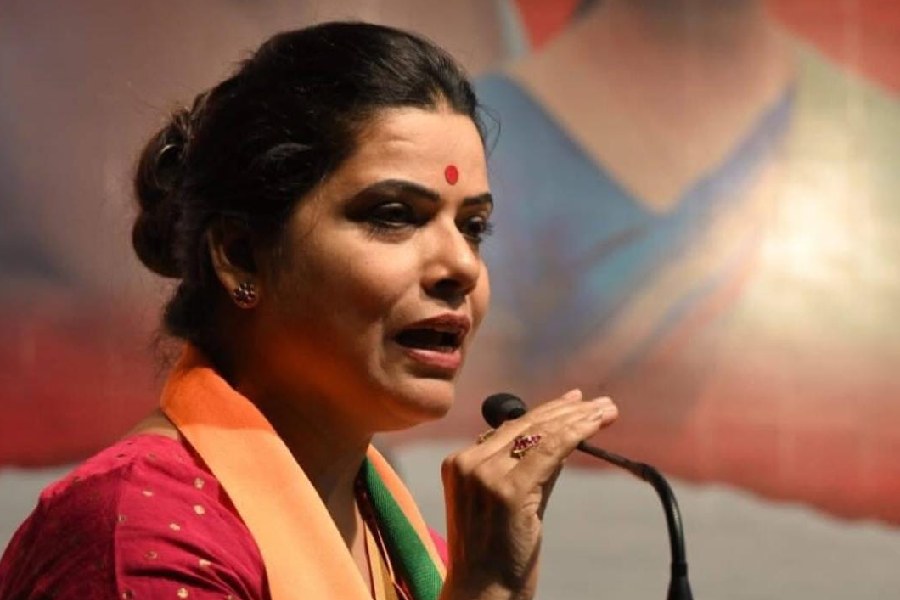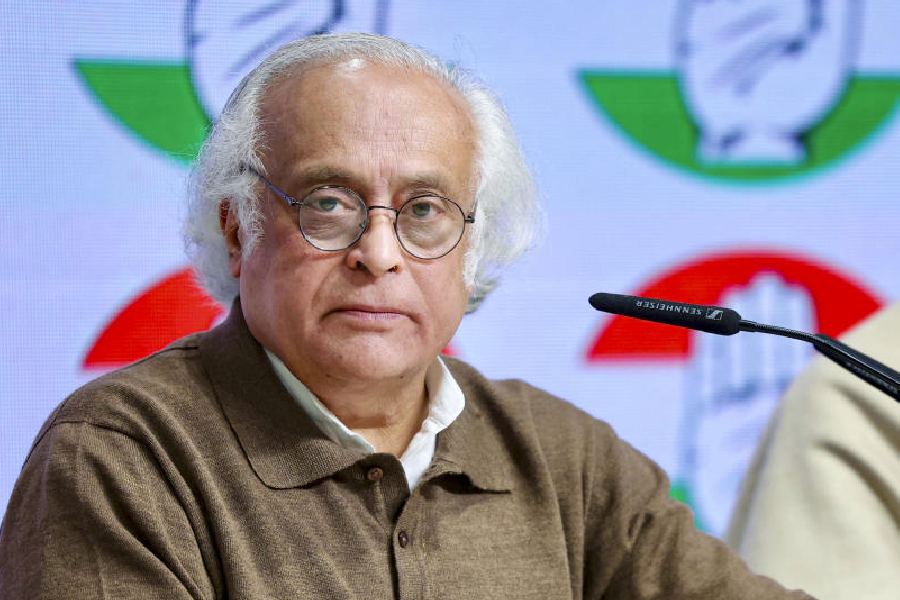A new state may give its people a new identity, but that is not enough to change their lives. That seems to be the case with Jharkhand five years after it was carved out of Bihar. The state still has 54 per cent of its population below the poverty line. Its per capita food consumption is the lowest in the country. Only nine per cent of its land is said to have some constant irrigation source. All this despite the fact that the state has more development funds than the territory ever had from undivided Bihar. True, Ranchi inherited many of its administrative problems from the previous dispensation. Tackling the Maoist threat is the toughest of them. But political masters of the new state played their part in compounding some of these problems. The dissensions within the Bharatiya Janata Party led not only to the ouster of the first chief minister, Mr Babulal Marandi, but also to political instability and administrative uncertainties. Putting the panchayat system in place could have gone some way in empowering the people and taking development projects to remote areas. But the rulers busied themselves with their little power games.
However, there are signs of a new promise. Mr Arjun Munda?s aggressive campaign to woo investors to the state is showing some results. The chief minister?s successes in attracting a couple of major steel projects have made the state?s name familiar in India?s corporate circles. It is not surprising that his moves to industrialize the state have triggered protests over the acquisition of land and possible displacement of people from their homes. There can be no dispute on Jharkhand?s need to emerge from an agrarian to an industrialized economy. But Mr Munda needs to tread his path carefully. He needs to carry the people with him in order to change Jharkhand?s economy. He needs to be particularly careful not to alienate the tribal people. After all, Jharkhand was created in order to fulfil such people?s aspiration for a new identity. The controversies over the state?s domicile and reservation policies reflect the tensions between the tribal and non-tribal communities. It is not simply a question of the size of the tribal population. Social unrest can upset Mr Munda?s development plans and threaten the state?s political stability. Worse, it can push more people to the Maoists? fold. Jharkhand needs to be less poor before it becomes prosperous.










